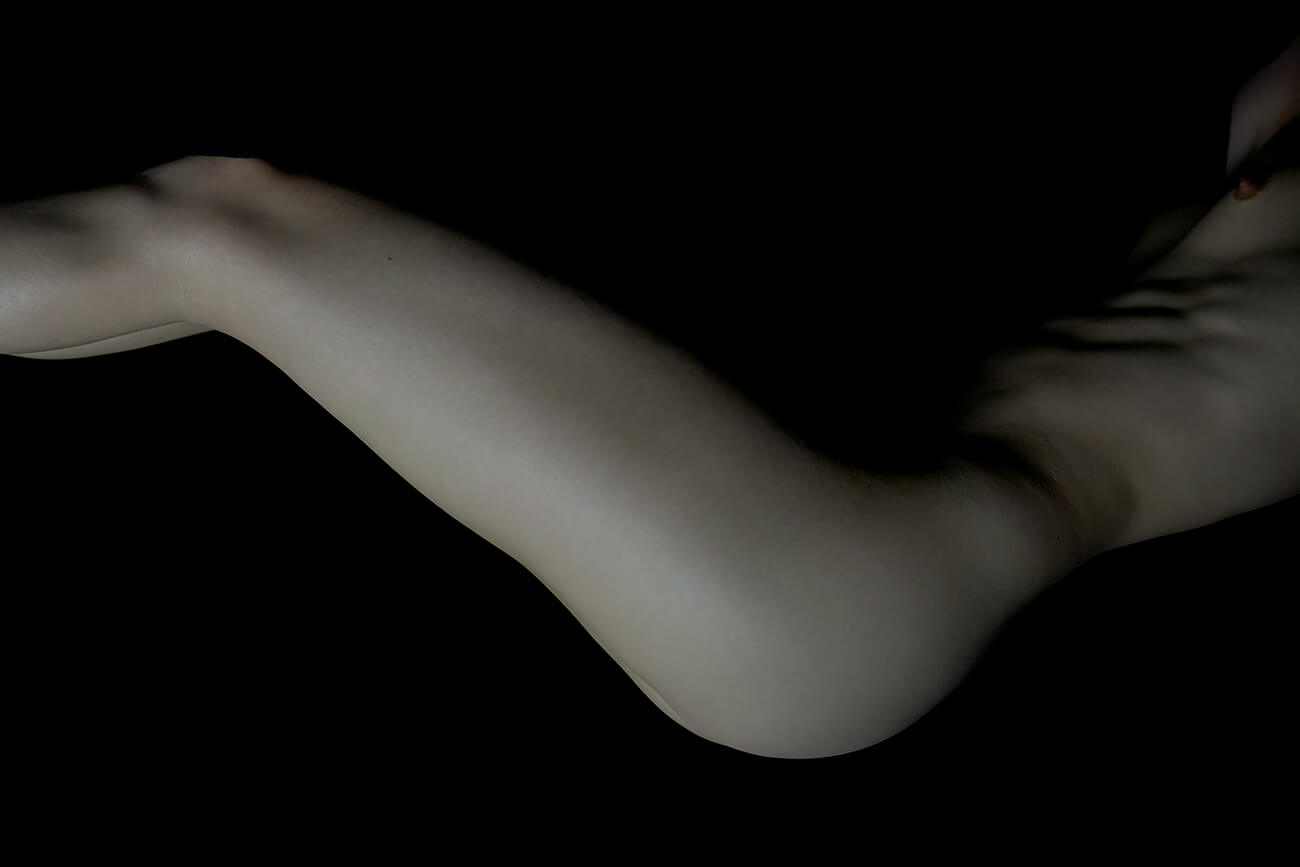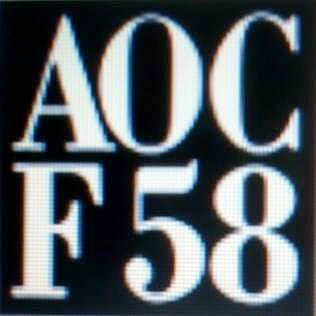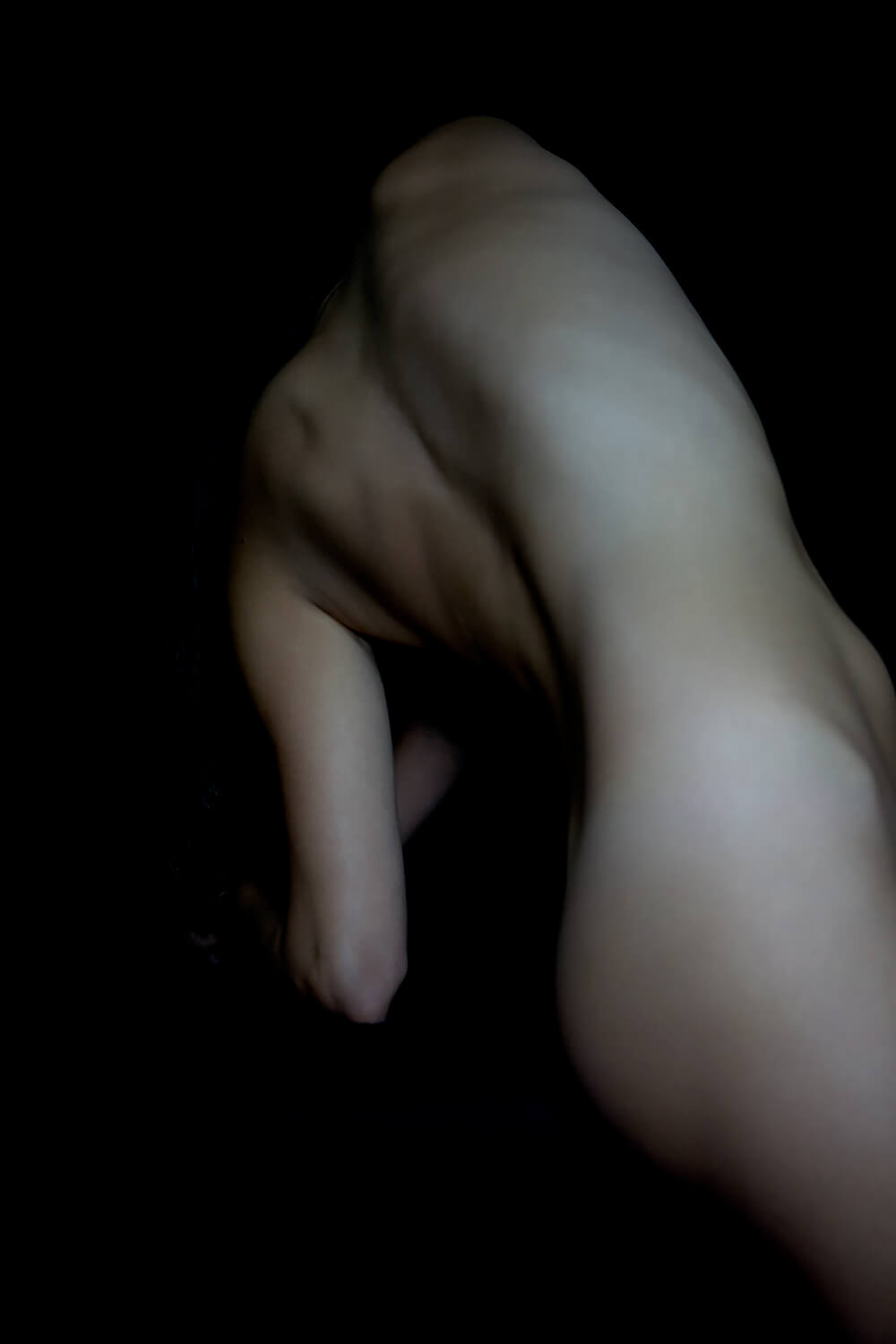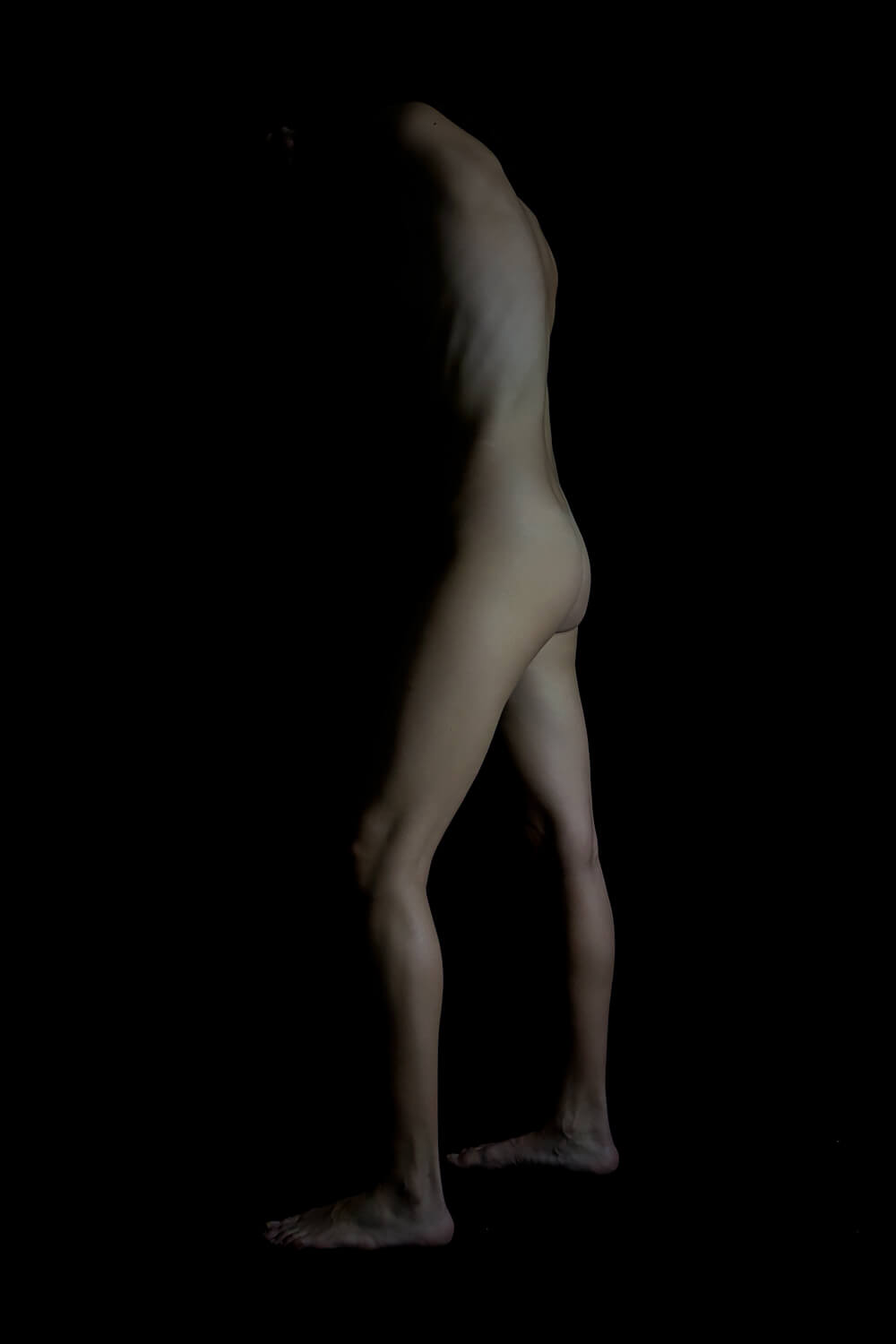In Studio per Stvdio per vna scvltvra solo show curated by Camilla Boemio at
AOC F58 Galleria Bruno Lisi from the 6th to the 23 February, the Paris/Milan based photographer will display his
majestic portraits, that reflect the body, identity, and background history of art.
Drawing inspiration from classical sculptures, Francesco Brigida creates images that examine body
language and interact with movement. Studio per Una Scvltvra ('Study for a Sculpture') is the culmination
of his research into the human body's potential for representation. For two years, Brigida worked with one
model, one subject. Nudity puts the body into a state of sublime simplicity and purity, preparing the subject
to be photographed and portraying its movements in the flesh, as they really are. The body appears moulded,
as though it were an actual, sculpted material. There is no hint of sensuality or eroticism. Using a pared-
down visual language, Brigida creates images of ideal sculptures. They appear against a black background,
chiselled by the light as though in a nocturnal scene. In these shots, the head seems to disappear. The face
is generally considered the mirror of the soul; but looking closer, we see that all the muscles in the body
express the intimate feelings of the human psyche. Stretched out limbs, a twisted torso, hands, can all smile
with the same tenderness as the eyes.

Engaging with classical sculpture means training ourselves to observe nature. The Ancient Greeks always
portrayed nature just as they saw it. They emphasized the main features of the human figure without
suppressing the realistic details that breathe life into the sculpture, simply blending them in with the whole.
Greek sculptors expressed a tenderness and sensuality in the beauty of the human form that has never been
equaled by any other nation.
In the late nineteenth and early twentieth centuries, Auguste Rodin revisited those same models. He imbued
them with an introspective, sensual eloquence that had never been explored in sculpture until then. His works conveyed the emotions and innermost sentiments of the human soul. Rodin's influence on his
contemporaries was so great that it endured through the generations.
Everything follows a specific order in which art and science, human impulses and creativity intertwine in
pure harmony: History.
Using his eyes and his heart in unison, Brigida observes the model, closely analysing every movement of
the body, joints and muscles. With a contemplative approach and a contemporary gaze, he shows us the life
that animates and breathes warmth into the human form.
Francesco Brigida (Monopoli, Puglia, Italy 1980) after studying Law at the University of Bari, moved to Milan, where he began
his training by working as an assistant to numerous professional photographers and advertising studios. Specialized in
architecture and fashion photography, in 2002 he immediately began working as a photographer and director between Milan and
Paris for brands such as Valentino, Serge Lutens, Dior, Etro, Armani, Christophe Lemaire, Hermès, Kering group, Trussardi,
Mila Schön, Tod's, Max Mara, Gianfranco Ferrè, Loro Piana, Dolce&Gabbana, Ferragamo, Hogan, Uma Wang, Erdem etc.
In 2015 he exhibited in the collective curated by Vittorio Linfante The new vocabulary of Italian fashion at the Milan
Triennale. In 2016 his works find space in the exhibition Haute à porter curated by Filep Motwary at the Mode Museum in
Hasselt (Belgium). In 2019, in Paris, he participates in the collective exhibition Image Nation in the Galerie Joseph and the
following year he collaborates with Pierre Louis Mascia in the Leclaireur boutique. At the same time his shots are published in
various international magazines: Vogue Russia, Vogue Japan, Vogue Poland, Vogue Portugal, Vogue Italy, Harper's Bazaar
USA, Rolling Stone, Another Magazine, Dazed and Encens Magazine.
Between 2014 and 2018 he began to experiment with portraiture and taught as a photography teacher at the Italian Institute of
Photography, Milan; European Institute of Design (IED), Milan; Paris College of Art, Paris. From 2011 to 2016 he was creative
director of “The Greatest Magazine”, a publication dedicated to men's fashion. In 2021 he published his first book, Study for a
sculpture, Linke editions. He lives and works between Milan and Paris.




